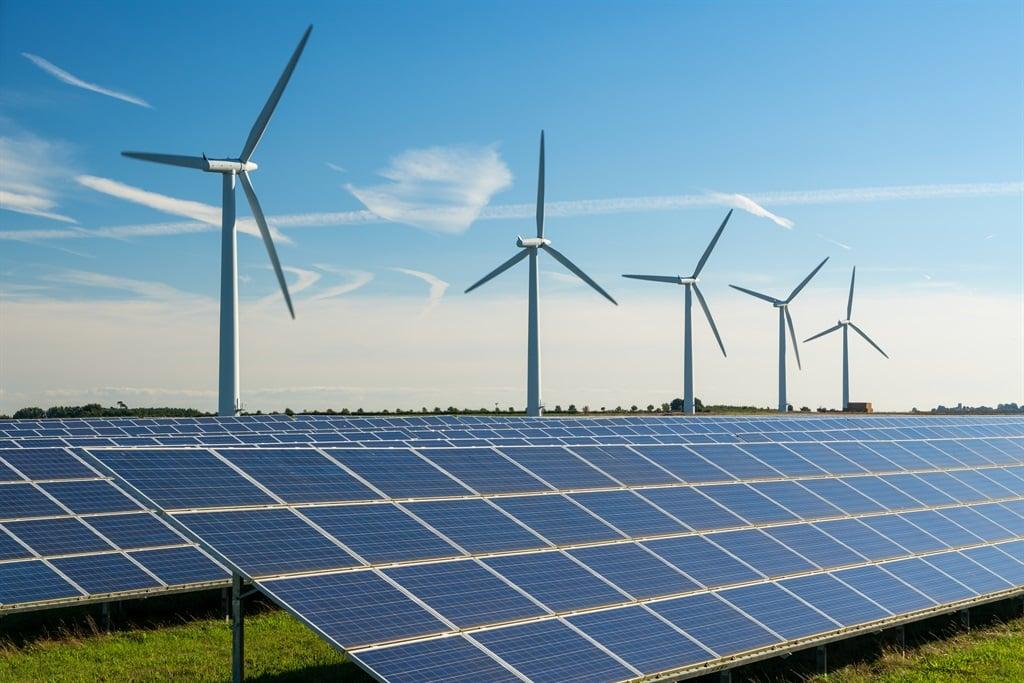Africa-Press – South-Africa. Rand Merchant Bank (RMB) has acquired a 25% stake in a Remgro-owned electricity trader, Energy Exchange of Southern Africa. Remgro, chaired by Johann Rupert, developed the exchange over the past five years and it allows corporates to purchase electricity from renewable energy-independent power producers.
According to a joint statement issued by the companies on Wednesday, RMB now has a 25% shareholding in Remgro’s energy investment vehicle, Ubiquity Energy platform. Ubiquity is the holding company of Energy Exchange.
Energy Exchange is licensed with the National Energy Regulator of South Africa (Nersa) as an electricity trader.
In response to questions, RMB said the exchange’s intellectual property and technical trading capacity – the completion of all the systems, legal and regulatory processes – had been built over the past five years.
But the exchange has become fully operational and gathered momentum around October 2021, after President Cyril Ramaphosa lifted the licence threshold on independent power projects to 100MW in June of that year.
Government has since removed the licensing cap indefinitely, to get generation capacity as quickly as possible online, in response to the energy crisis.
The exchange allows commercial and industrial entities to purchase electricity from licensed independent power producers. They may choose to meet all their energy needs through the exchange (by purchasing all the energy they need). Or they can purchase a portion of their electricity from the exchange and still rely on Eskom or embedded generation (like rooftop solar PV) to meet the remainder of their energy needs.
The electricity that is generated by the independent power producers is wheeled across existing transmission and distribution networks to the point where it will be consumed or the corporate’s operations.
RMB said the Energy Exchange will “connect buyers and sellers who will pay a small wheeling fee to Eskom to distribute the power”.
Energy crunch
It is expected that the work of the exchange in connecting buyers and sellers would “stoke more activity” in the private power market, which would lead to more independent power producers building plants. This would then add much needed power to the grid, helping to address the ongoing energy crisis in South Africa.
RMB said the exchange is a way to unlock even more renewable energy generation in South Africa.
Apart from helping businesses being able to meet their energy needs, the fact that this is power supplied from renewable sources such as wind, solar, biomass and hydro, has the added benefit of decarbonising operations. This is becoming increasingly important for companies that need to meet climate commitments by reducing their emissions.
The other benefit is that businesses do not only rely on a single source or power plant. Having a “blended” energy solution or diversified renewable energy sources can also help ensure energy security because there will be other power sources to draw from if one should fail.
“Remgro has been developing Energy Exchange over the past five years and has built a strong pipeline on both the supply and demand side of the electricity trading business,” said Pieter Uys, strategic investments executive at Remgro.
He added that the company was “pleased to join forces with RMB” as this would help “open up and grow” the private power market.
“The generation, and provision, of sustainable privately produced power is critical to solving our energy challenges, but it’s also a fast-evolving and complex industry. The South African market requires a material shift in the way electricity is produced, sold, and consumed and will need bold thinking and innovative solutions,” said RMB Principal Investments transactor, Philip de Villiers.
De Villiers noted that South Africa has the “natural resources” and capability to address the current energy constraints.
For More News And Analysis About South-Africa Follow Africa-Press






